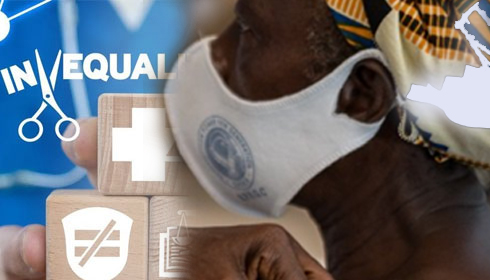
WHO and Partners Award $2 Million to Advance Global Pathogen Genomic Surveillance
The World Health Organization (WHO) and its partners have announced funding for ten groundbreaking projects to improve global pathogen genomic surveillance capacities. With over $2 million in catalytic grants from the International Pathogen Surveillance Network (IPSN), the program aims to help low- and middle-income countries (LMICs) identify, understand, and respond to infectious disease risks.
The United Nations Foundation, Bill & Melinda Gates Foundation, The Rockefeller Foundation, and Wellcome have backed the funding, enabling governments to use genomic technologies for pathogen genetic code analysis. This technique contributes to a better understanding of disease transmission and severity, as well as to vaccine and treatment development.
"The IPSN catalytic grant fund has incredible potential to expand pathogen genomic surveillance for all, which we are already seeing through the first round of grantmaking," said Sara Hersey, Director of Collaborative Intelligence at the WHO Hub for Pandemic and Epidemic Intelligence.
Among the recipients is the American University of Beirut, which will use wastewater surveillance to monitor illness transmission in refugee populations, ensuring that refugees receive prompt healthcare. The Pasteur Institute of Laos will concentrate on tracking avian flu in live-bird markets, an important but largely overlooked mode of transmission that affects millions.
Brazil's Federal University of Rio de Janeiro will develop an open-source bioinformatics tool for offline analysis, which is critical in resource-limited areas. According to Simon Harris of the Gates Foundation, "SARS-CoV-2 and subsequent regional outbreaks have underscored the importance of access to genomic surveillance tools in all countries."
Manisha Bhinge of The Rockefeller Foundation emphasized the importance of fair access to genetic surveillance: "Pandemics and epidemics remain a worldwide challenge, exacerbated by climate change. Disadvantaged communities urgently need these technologies.
The IPSN Global Partners Forum in Bangkok announced the awards, and 2025 is the date for the second round of funding.